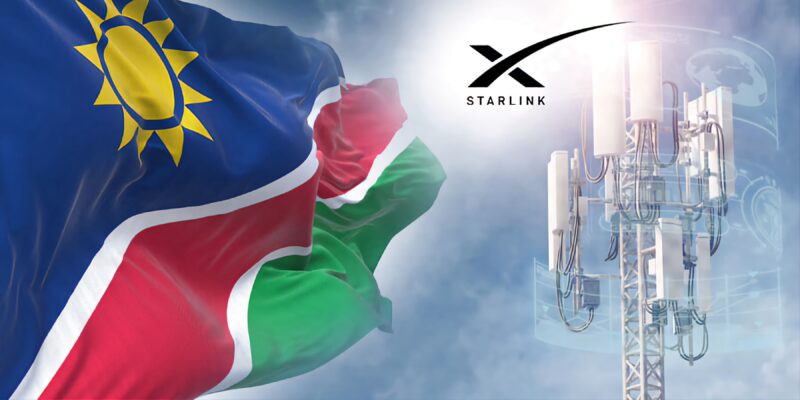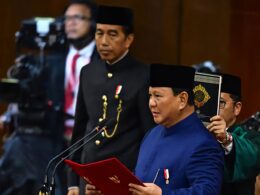Namibia Cracks Down on Elon Musk’s Starlink Over Licensing Issues, Seizes Equipment as Demand for Satellite Internet Surges Across Africa
CRAN Declares Starlink Operations Illegal
The Namibian government has ordered Starlink, Elon Musk’s satellite internet service, to immediately cease operations in the country. The Communications Regulatory Authority of Namibia (CRAN) stated that Starlink is operating without a valid telecommunications license, making its services illegal.
In a statement, CRAN urged the public not to purchase or use Starlink equipment, warning that such actions violate local laws. The regulator confirmed the confiscation of unauthorized Starlink terminals and revealed that criminal cases have been filed with the Namibian police.
“The public is hereby advised not to purchase Starlink terminal equipment or subscribe to its services, as such activities are illegal,”
CRAN emphasized.
Connectivity Crisis Amid Rising Starlink Demand
The crackdown comes as demand for Starlink surges across sub-Saharan Africa. The service has gained popularity due to its ability to provide high-speed internet in remote areas where local providers often fall short.
While countries like Nigeria and Zimbabwe have embraced Starlink—seeing terminals sell out in cities like Abuja, Lagos, and Harare—Namibia remains cautious. With a population of 2.6 million spread across vast rural areas, the country faces significant connectivity challenges.
Neighboring nations such as Angola and South Africa have also shown interest in Starlink, with South Africa reportedly negotiating potential operations. Kenya’s telecom giant, Safaricom Plc, is similarly in talks to collaborate with the satellite internet provider.
Licensing Hurdles Block Starlink’s Entry
Starlink has applied for a telecommunications license in Namibia, but CRAN has not yet granted approval. The regulator clarified that until the license is issued, importing or using Starlink equipment will remain unlawful.
Starlink’s parent company, SpaceX, has not commented on the situation. The company’s website indicates plans to launch services in Namibia by 2025, but the current regulatory standoff raises questions about the timeline.
This development highlights the tension between innovative technologies like satellite internet and the regulatory frameworks of emerging markets struggling with connectivity gaps.










Join our Channel...